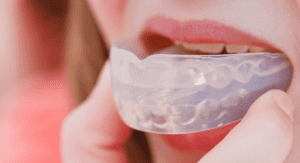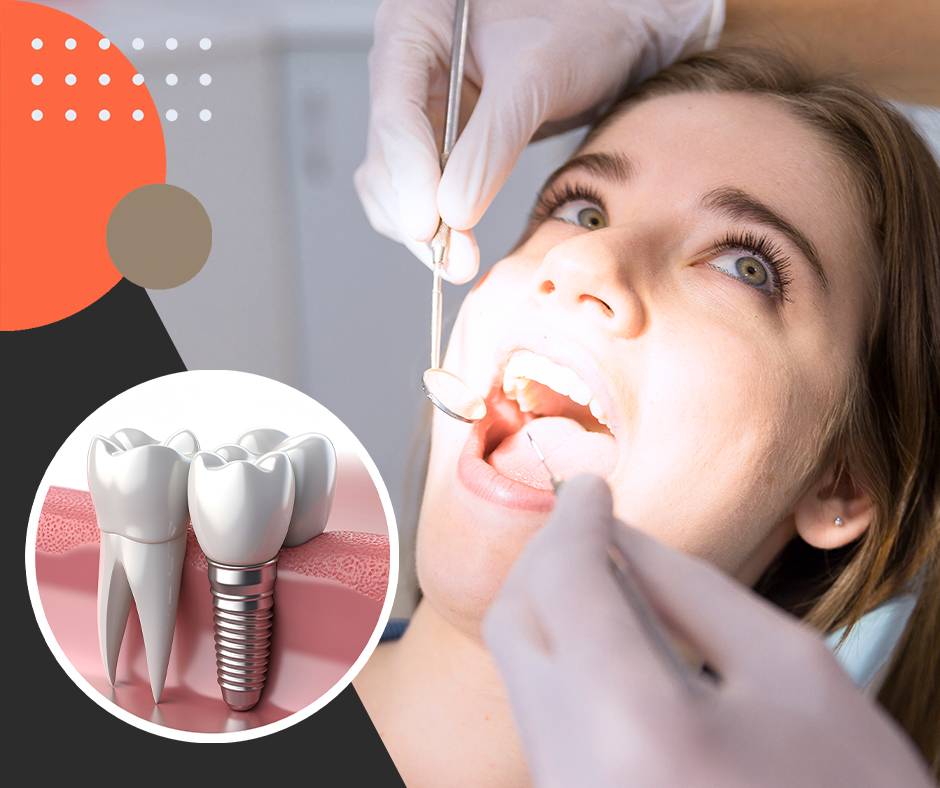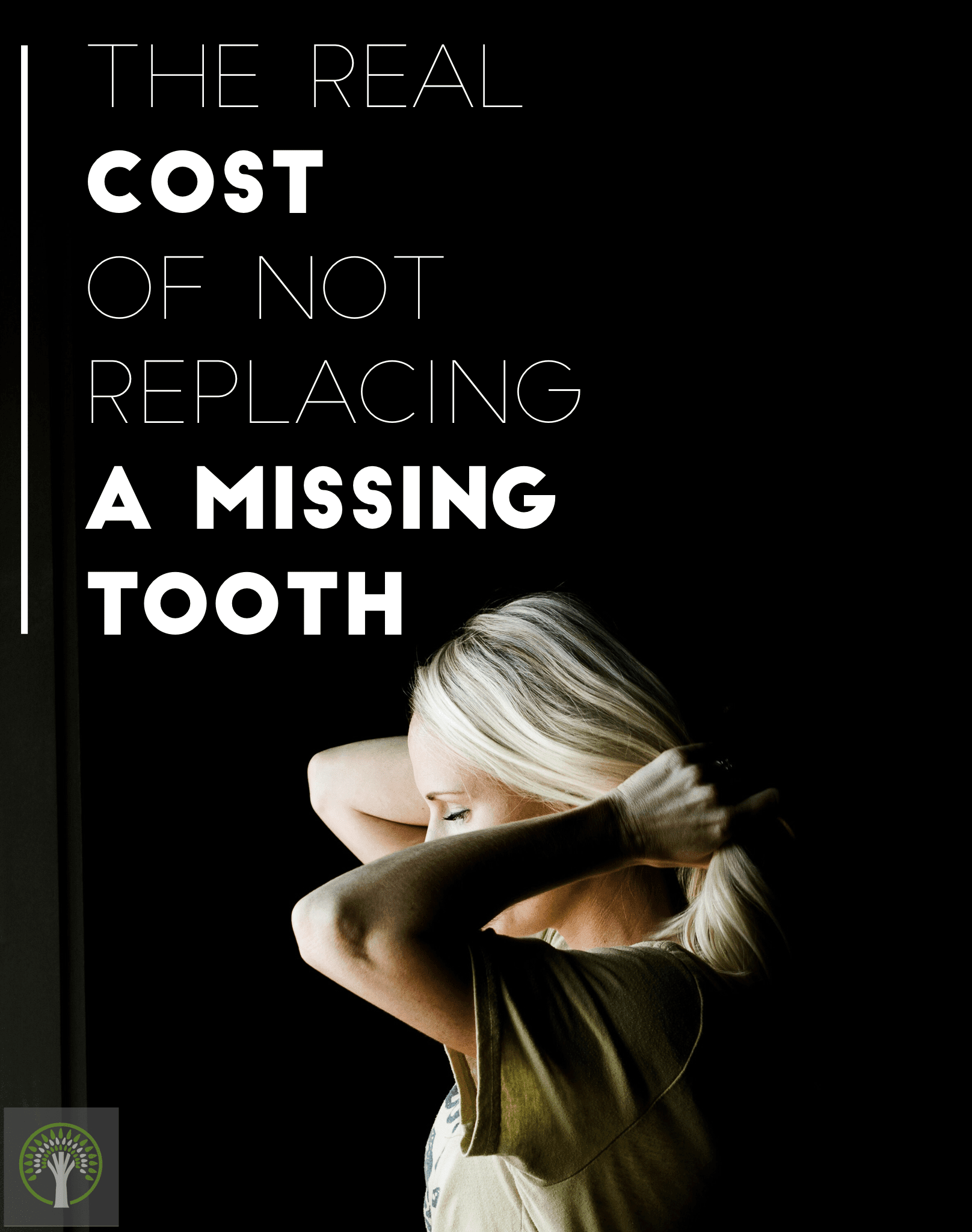Introduction
Gone are the days when people had to live with a tooth gap or broken tooth. However, with modern medical facilities and advanced technology, things have changed. Today, a tooth gap or a broken tooth is not a problem at all. There is a dental implant treatment to fix the problem. In this treatment, the dental surgeon or dentist takes an accurate measurement of the tooth gap and then manufactures an artificial tooth accordingly. The artificial tooth is placed on top of an abutment, and the entire structure is fixed in the tooth gap. There are numerous implant service providers, so it is important that you choose the best dental implants near you.
Once the dental implant treatment is done, most patients think the job is done. But experienced dentists beg to differ. The implants are only half the job done because taking care of them is very important. Otherwise, you might end up paying more to modify and clean the implants. Lack of care can also lead to oral infections. So, if you are planning for implants to replace a missing tooth, you must know the aftercare. Then only they will last for a long time. Read on to know about the top tips for taking care of dental implants.
Top tips and tricks for taking care of dental implants
1. Use a Soft Nylon Brush Instead of Hard Bristle

A dental implant is a procedure in which medical devices are surgically implanted into the gums.Therefore, you need to be very careful after the surgery. In several cases, orthodontists advise their patients to change their tooth brushes after the surgery. After the surgery, the gums stay swollen for some time, and there is redness around the affected area. So, it is not at all right to use a brush with a hard bristle and brush aggressively. Doing so will lead to bleeding, and the implant can also come out of its place.
2. Avoid Any Abrasive Products
After the dental implant surgery, the dentist is mostly likely to suggest some non-abrasive dental products. This is because the use of abrasive products right after the surgery can increase the sensation of the tooth. There is already a lot of pain due to the surgery, so the last thing you want is to experience more pain and discomfort in that area. You must strictly avoid using any kind of toothpaste or mouthwash that contains flavours such as mint, cinnamon, and other similar things. These can make you feel uncomfortable and uneasy.
3. You Must Floss Regularly

According to a Consumer Oral Health Survey that was conducted a few years ago, 33% of adults confessed that they never flossed. Dentists always advise their patients to floss their teeth daily for numerous reasons. No matter what your age is, anything that you eat, some particles of the food get stuck in between the teeth. And you must take them out. Otherwise, it will promote the growth of cavities and lead to bad breath. In case you don’t know, cavities and plaques in and around the dental implant can cause damage. In some cases, the dental implant gets loose and even comes out. If you want long-lasting solutions and safe treatment, contact the Eccleshill treatment centre
Also Read: Restore your smile with dental implants
4. Avoid Sticky and Hard Food

Eating any sticky and hard food right after the surgery is not advisable. The professionals in the dental implant clinics in Bradford set some specific rules for patients who have recently received dental implants. One such rule is to stay away from any kind of sticky or hard food. These foods usually get stuck in between the teeth, and they can be very difficult to take out. Moreover, any hard food is difficult to bite and puts more pressure on the implants. As a result of that, you can experience bleeding gums.
5. Avoid Alcohol and Smoking
When you undergo dental implant treatment, the private dentist in Bradford particularly asks you to strictly avoid smoking and drinking. Such habits can not only delay the healing but also ruin your new set of teeth. Dental implants can take around 6 months to heal, so you must avoid drinking and smoking during this time.
Also Read: Braces. What Works and What Doesn’t?
6. Visit the Dentist Regularly

Once your teeth implant treatment is complete, it is important to schedule a dentist appointment near you at regular intervals. As a dental implant is a surgery in which an artificial tooth root is placed into the jaw, the surgeon needs to keep an eye on the healing process. For that, you need to visit the clinic a few times, and you cannot skip those visits. It will help the dentist detect any possible problem before it becomes serious.
7. Get a Mouthguard for Teeth Grinding

Bruxism, which is also known as teeth grinding, is a serious problem. It can cause severe damage to your regular teeth as well as dental implants. Too much force can put massive pressure on the implants, which can cause damage. Therefore, if the dentist confirms that you have bruxism, it is advisable to opt for a custom mouthguard. It will protect your teeth.
Ready for Your Dental Implant Treatment?
A dental implant is a highly effective and safe treatment to replace a missing tooth or numerous teeth. All you need to do is find a trusted dental clinic and follow the aforementioned tips after the surgery. If you are planning dental implant treatment, contact Eccleshill Dental. We are a trusted name when it comes to providing exceptional dental care in Bradford. Get in touch with the professionals to schedule an appointment.







